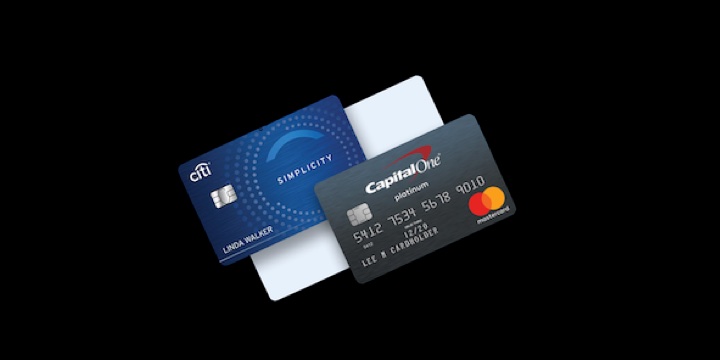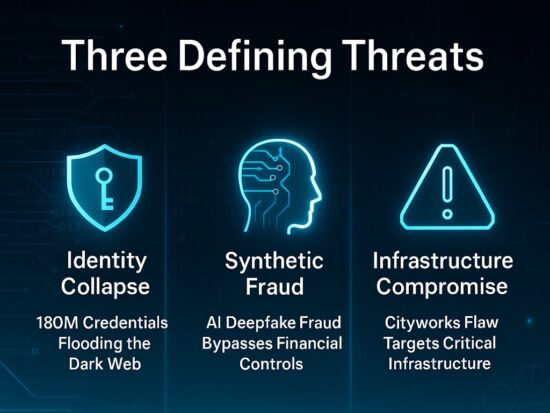With the rapid growth of e-commerce, online purchases have become increasingly convenient and prevalent in our daily lives. However, as we revel in the convenience of online shopping, it is crucial to be mindful of the potential risks associated with storing credit cards and billing information on websites. This article aims to educate a broader audience on the importance of avoiding this practice to protect our financial well-being.
- Vulnerability to Data Breaches:
One of the primary concerns with saving credit cards and billing information online is the vulnerability to data breaches. Cybercriminals are constantly seeking ways to exploit online platforms and gain unauthorized access to personal data. Storing your credit card details on websites increases the risk of falling victim to a data breach, potentially exposing your sensitive information to malicious actors.
- Identity Theft:
By storing credit card information on websites, you inadvertently increase the chances of falling prey to identity theft. If a hacker gains access to your stored information, they can impersonate you and engage in fraudulent activities. Identity theft can have severe consequences, ranging from financial loss to damage to your credit score. Avoiding the storage of credit card information minimizes this risk significantly.
- Lack of Control over Security Measures:
While reputable websites employ security measures to safeguard customer data, it is essential to recognize that no system is entirely foolproof. When you store your credit card information on a website, you relinquish control over how your data is protected. A breach on the website’s end, whether due to human error or sophisticated hacking techniques, can compromise your financial security. Therefore, it is prudent to limit the exposure of your sensitive information by avoiding storing it online.
- Unauthorized Purchases:
Saving credit card information on websites can make it easier for unauthorized individuals, such as family members, friends, or even strangers with access to your device, to make purchases without your consent. This poses a potential risk of fraudulent charges and financial loss. By refraining from saving credit card details online, you retain better control over your finances and minimize the chances of unauthorized transactions.
- Difficulty in Tracking and Monitoring:
When you store your credit card information on multiple websites, it becomes increasingly challenging to track and monitor your online transactions effectively. This lack of oversight can make it harder to identify suspicious or fraudulent activities promptly. By manually entering your card information for each transaction, you maintain a heightened level of awareness, allowing you to review your purchases more diligently.
While online shopping offers unparalleled convenience and accessibility, it is crucial to prioritize the security of your financial information. By avoiding the practice of saving credit cards and billing information on websites, you minimize the risk of falling victim to data breaches, identity theft, unauthorized purchases, and financial loss. Take proactive steps to protect your financial well-being by adopting safer online purchasing habits. Always exercise caution, regularly monitor your financial statements, and remain vigilant in safeguarding your personal information. Remember, a little extra effort can go a long way in ensuring a secure and worry-free online shopping experience.





